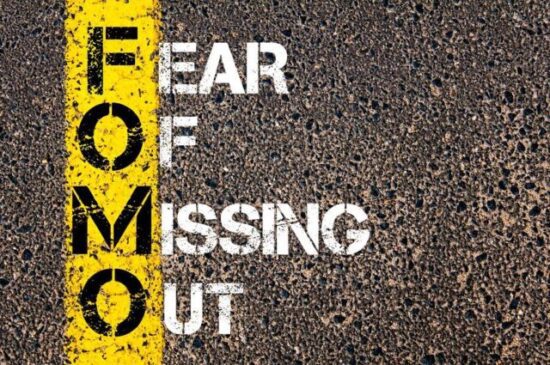
Bovine vs. Marine Collagen: A Deep Dive into Benefits

This is a collaborative post
Collagen has soared in popularity recently, becoming one of the most in-demand supplements in the health and beauty industry. But, finding the right source requires some research to establish which type better suits your needs.
Regardless of whether you choose to include bovine collagen or marine collagen in your diet, both options have powerful benefits that will support your body’s health and structure, both inside and out.
What is Collagen?
Collagen is the most abundant natural protein in the human body, playing a crucial role in a plethora of different functions, organs, and components. It is a vital building block in the makeup of skin, tendons, bones, ligaments, and muscles, ensuring their structure and integrity. As we get older, this natural production begins to slow down, and many people turn to high-quality and trusted supplement products to maintain healthy levels of collagen.
There are three main types of collagen in our body: Types I, II, and III. Each type plays a unique and vital role in our overall health and well-being. Type I is the most common, and it is primarily associated with nail, hair, and skin health: type II influences joint health and function, eye health, and the strength and quality of cartilage.
Type III is relatively similar to Type I; however, it is mainly found in blood vessels and muscles and works alongside Type I to promote skin health and elasticity. Depending on the source of the supplemental collagen you are taking, they will impact a particular type of collagen in the body instead of having a blanket effect.
Bovine Collagen Production & Sourcing
Bovine, or beef, collagen is sourced from cows and is the most common source of supplemental collagen. After harvesting cattle for meat, the hides are removed and treated to extract their rich supply of collagen protein. This process causes the protein to become hydrolysed, breaking it down into smaller amino acids that are easier to digest.
These hides can be sourced from multiple different sources, many of which may be through inhumane avenues. To ensure ethical sourcing, consumers must specifically look for grass-fed beef when purchasing supplements.
Most grass-fed sources originate from countries that have historically practised grass-fed cattle rearing, such as Argentina. Here, cattle are allowed to graze fresh grass year-round, free of artificial growth hormones or excessive antibiotics. This ensures that bovine collagen sourced from these sources is high-quality for consumers.
Bovine collagen predominantly consists of type 1 and type 3 collagen, which both play a significant role in the repair and growth of bones, skin, ligaments and tendons. In order for the body to naturally produce these two types, it needs a steady supply of amino acids, such as proline and glycine. The best source of these amino acids is collagen itself.
When consumed on a daily basis, high-quality bovine collagen supplements can ensure the body is always supplied with the amino acids it needs to regenerate healthy and essential connective tissue.
Benefits
Due to its high levels of both type 1 and type 3 content, bovine collagen can be incredibly beneficial for skin health and supporting bones, muscles, and general tissue structure throughout the body. Research studies have revealed that these two types of collagen work well together, boosting each other’s benefits and effects and ensuring they both remain at high levels in the body.
This type of collagen has higher levels of glutamine, compared to marine sources, a critical amino acid that has been found to aid in the repair of the intestinal barrier, boosting overall digestive health and reducing harmful inflammation in the gut.
Numerous studies have shown that the collagen types found in bovine collagen positively impact muscle mass and strength, especially when paired with a high-quality source of protein. Finally, bovine collagen is more affordable compared to marine supplements due to a more straightforward production process and higher availability.
Marine Collagen Production & Sourcing
Although people have been cooking and consuming stocks and stews made from fish bones, scales, and skin for centuries, marine collagen is a fairly new addition to the health and wellness industry. To produce this innovative supplement, fish scales and skin, typically discarded animal parts, are hydrolysed in the same way hides are treated in bovine collagen production.
Similar to grass-fed beef supplies, consumers should look for supplements that are derived from wild fish or sustainable fisheries, which often use varieties like red snapper and cod. This sourcing process has a very small natural impact and is considered to be the most sustainable approach to marine collagen production.
When ingested, marine collagen works the same way as bovine sources, providing the body with vital amino acids needed to build strong connective tissue. However, marine supplements almost exclusively supply type 1 collagen, with peptide molecules that are smaller than bovine molecules, making them somewhat more bioavailable and slightly easier to absorb. Marine collagen is also very rich in the amino acid hydroxyproline, which is essential for blood vessel walls, skin, and other connective tissues.


















































